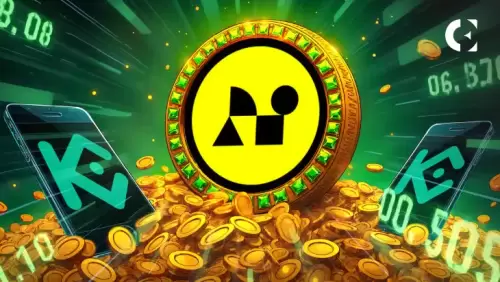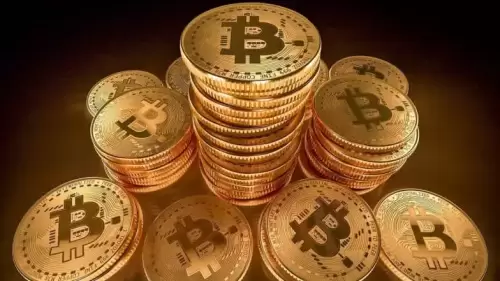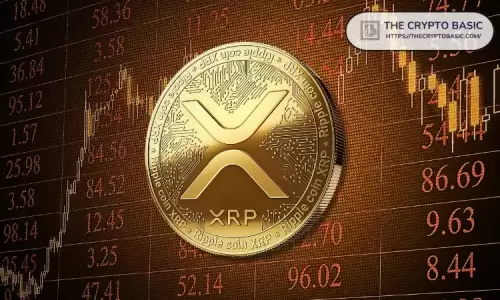Spokane, Washington, bans crypto ATMs amid rising scam concerns. Is this the right move to protect vulnerable residents, or is it an overreach?

Spokane, Washington, has taken a bold step by banning crypto ATMs, aiming to shield its residents from rampant fraud. But is this ban a slam dunk solution, or could it be overkill? Let's dive into the heart of Spokane's crypto ATM conundrum.
Spokane Pulls the Plug on Crypto ATMs
Back in June 2022, Spokane City Council made history by unanimously voting to prohibit crypto ATMs, becoming the first city in Washington to specifically target these machines. Fueled by rising reports of scams linked to these kiosks, the city enacted the Virtual Currency Kiosk Prohibition Toward a Safer Spokane ordinance. The FBI reported staggering losses of $5.6 billion due to crypto ATM scams nationwide in 2023, with Washington residents losing over $141 million. Spokane saw a surge in victims losing thousands through these kiosks, often located in gas stations and convenience stores. Within 60 days of the vote, operators were required to remove approximately 50 kiosks or face penalties.
The Rationale Behind the Ban
City officials, like Council Member Paul Dillon, emphasized the protective intent behind the ban, aiming to safeguard vulnerable groups, especially low-income individuals and the elderly, who are prime targets for scams. Scammers often impersonate government officials, coercing victims into making payments through these ATMs to avoid fabricated penalties. Detective Tim Schwering of the Spokane Police Department highlighted that the money is often funneled to countries where it's nearly impossible to trace, like China, North Korea, or Russia. In 2024, the FBI reported nearly 11,000 complaints and $246 million in losses from crypto ATM scams, with the elderly accounting for two-thirds of the victims.
A Nationwide Trend?
Spokane's ban aligns with increasing regulatory scrutiny of crypto ATMs across the U.S. Other regions, like Wisconsin, have implemented guidelines to restrict transactions and boost oversight. Even Australia has set a A$5,000 limit on cash transactions to combat fraud. Spokane's outright prohibition could set a precedent for other municipalities grappling with similar issues.
Unanswered Questions and Potential Overreach
While the intent is clear, questions remain about the ban's scope and effectiveness. Will it extend to pre-existing ATMs that primarily handle fiat currency but also offer crypto functionality? Will disabling the crypto features suffice, or will complete removal be required? Moreover, the city's police department is tasked with monitoring the ban's impact on local crypto crime. This data collection will be crucial in determining whether crypto ATMs are truly significant conduits for criminal activity or merely scapegoats. Councilman Zack Zappone stressed the urgency, stating, "These machines are used to victimize vulnerable communities, resulting in substantial financial losses."
My Take: A Balancing Act
Spokane's move is understandable given the alarming rise in crypto scams. Protecting vulnerable residents is paramount. However, an outright ban might be a blunt instrument. A more nuanced approach, focusing on stricter regulations, enhanced monitoring, and public awareness campaigns, could potentially strike a better balance between safeguarding citizens and allowing access to legitimate crypto services. For example, implementing mandatory ID verification for all crypto ATM transactions, similar to Know Your Customer (KYC) regulations in traditional finance, could deter scammers. Partnering with local community organizations to educate vulnerable populations about common crypto scams could also be a proactive measure.
The Future of Crypto in Spokane
Whether Spokane's ban proves to be a game-changer or an overreaction remains to be seen. The data collected by the Spokane Police Department will be critical in assessing its true impact. In the meantime, if you're in Spokane and looking to dabble in crypto, you might have to dust off your laptop and embrace the online exchanges – at least for now. Who knows, maybe this will lead to even safer, more innovative ways to access the crypto world. Stay tuned, folks, because the crypto roller coaster never stops!














































































